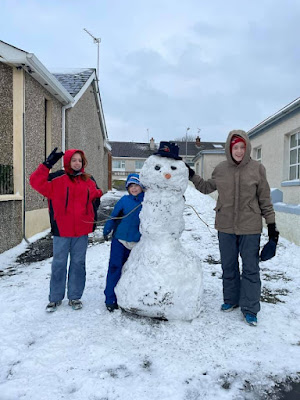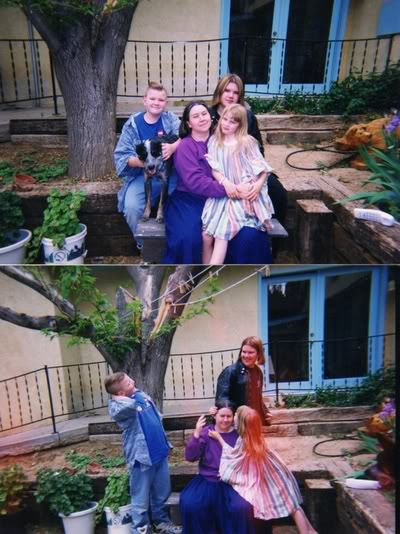When learning starts to show, in its natural state, you will see that children are processing what they do and what they think about what they've done. They'll be making connections to everything else in their history and surroundings, to other experiences and imaginings.
When unschooling begins to really flow, the process of learning is the processing of experiences and connections.
photo by Nina Haley



















